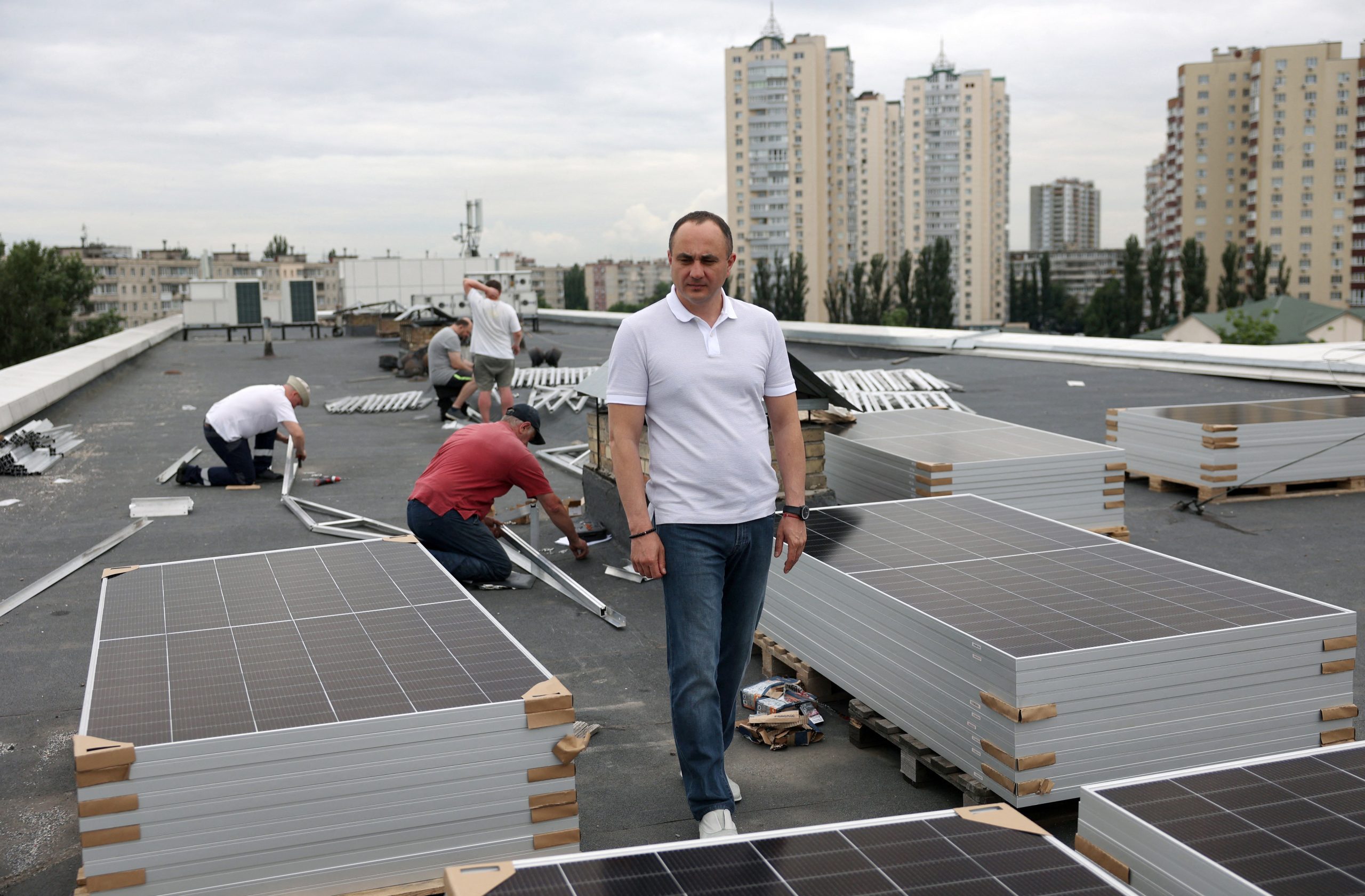Ukraine Is Decentralizing Energy Production to Protect Itself From Russia
Ukraine has long been dependent on Russia for its energy supply, but recent geopolitical tensions have forced the country to rethink its energy strategy.
One key aspect of this new strategy is decentralizing energy production, which involves diversifying energy sources and increasing self-sufficiency.
By reducing its reliance on Russian gas, Ukraine hopes to bolster its energy security and lessen the impact of potential disruptions in the future.
This shift towards decentralization has also sparked a wave of innovation in the energy sector, with a growing emphasis on renewable energy sources such as solar and wind power.
Local communities are increasingly taking control of their own energy production, creating microgrids and energy cooperatives that are less vulnerable to external interference.
This decentralization of energy production is not only a strategic move for Ukraine’s national security but also a step towards a more sustainable and environmentally friendly energy system.
By embracing decentralized energy production, Ukraine aims to build a more resilient energy infrastructure that can withstand external pressures and ensure reliable access to energy for its citizens.
The shift towards decentralization is also seen as a way to reduce corruption and increase transparency in the energy sector, as local communities have more control over their energy resources.
Overall, Ukraine’s move towards decentralizing energy production marks a significant shift in the country’s energy policy and demonstrates its commitment to securing its energy future.
